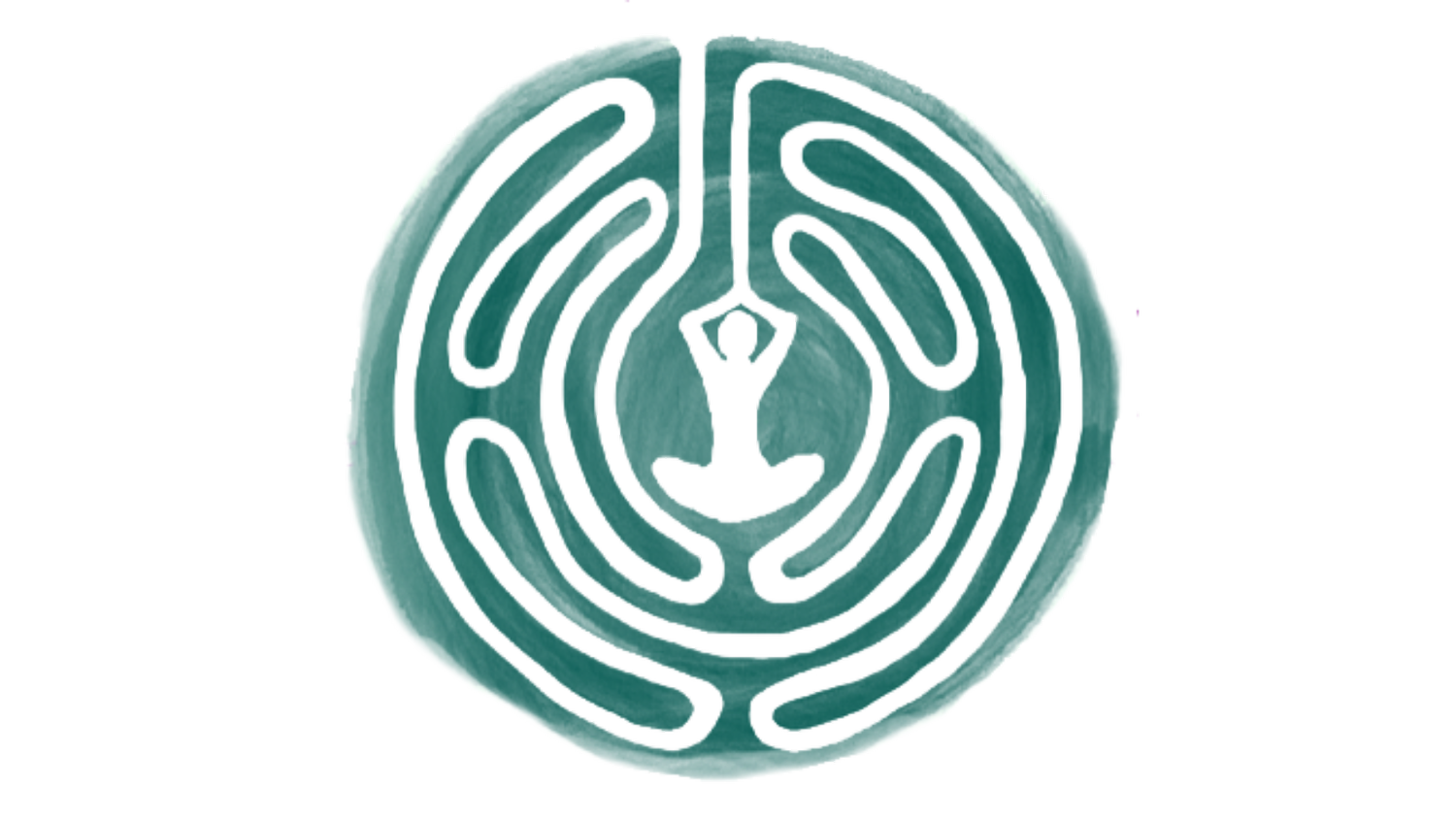Caring for the Sick Among Us
For the next several weeks, we will be offering examples of caring for the sick, including those who are touched by trauma, whether physical, emotional, or spiritual. Rev. Kevin Flynn offers thoughts on Christianity’s call to heal the sick, and in support of bringing yoga into this long tradition of care.
“Are any among you suffering? They should pray. Are any cheerful? They should sing songs of praise. Are any among you sick? They should call for the elders of the church and have them pray over them, anointing them with oil in the name of the Lord. The prayer of faith will save the sick, and the Lord will raise them up; and anyone who has committed sins will be forgiven. Therefore confess your sins to one another, and pray for one another, so that you may be healed. The prayer of the righteous is powerful and effective.” (James 5:13-16, New Revised Standard Version)
There are probably few other passages in the New Testament that are as frequently cited in reference to the Church’s ministry to those who are in any way sick and suffering. The “suffering” in verse 13 includes those who are enduring hardships and afflictions, including trauma. The “sick” in verse 14 may be those who have been made ill, weakened, or diseased. It shows an early Christian understanding of how Jesus’ followers continued the pattern of his care for the sick after his resurrection.
Over time, a great deal of attention came to be focused on the oil. In James’ time, however, this was likely unremarkable. Oil was a common part of any pharmacopeia. What is more important is that the sick person is surrounded by leading members of the community. When we are sick, the frontiers of our living shrink to the contours of our bed. Even if we’re just down with a nasty cold, we feel at odds with the world. The body, usually the place of comfort, energy, and accomplishment, rebels against us. We feel cut off, alienated from ourselves and the world around. The presence of the members of the Church around the sick declares that they are not alone and cut off. Christ is present to them in the members of his Body.
The letter from James is subtler than asserting a direct correspondence between healing and cure. In verse 15 “will save the sick” can also be translated as “will heal the sick.” The verb is used in the Gospels in many stories of Jesus’ healing ministry, for example, “Your faith has saved you/healed you. Go in peace” (Mark 5:34). In saying “the Lord will raise them up” (v.15), the Apostle uses a verb that can mean being lifted up from the sick bed. It is also the verb that speaks of God raising Jesus from the dead.
People today may be less willing than earlier ages to attribute sickness to God’s visitation. Even so, we still strive to make sense of our illnesses and weaknesses, still try to understand and live them in the light of God. Sick people say things like “What did I do to deserve this?” or “Why is this happening to me?” Other people may hint that the sick person is guilty: guilty of smoking, or eating too much red meat, or failing to exercise. Sickness is never a completely secular affair. We may take the letter’s encouragement to confess sins to one another as part of the sorting out of the meaning of sickness.
Finally, if the oil is to have a significance for us today beyond a reminder of ancient Near Eastern medicine cabinets, it may be in experiencing it as a symbolic gesture reminding us that we, too, are anointed, that we who have been baptized into Christ are now also christs -- anointed ones. Our sufferings are therefore borne in him.
When Jesus came proclaiming that the Kingdom of God was at hand, he characteristically enacted it in his ministry to the sick. It is no surprise that, following his example, Christians have established hospitals, sought cures, furthered the cause of medicine, set up hospices, and accompanied the ill and the dying. It should come as no surprise then that Christians now bring the practice of yoga to this long tradition of care. Yoga’s range and subtlety offer fitting ways for Christians to accompany others in the maintenance or recovery of health in the widest sense.
“Will the patient live?” No, unless the Lord returns first, none of us can finally escape our mortality. “Will the patient live?” Yes, a resounding yes, because the death and resurrection of the Lord have turned our deaths from being a period to a comma.
